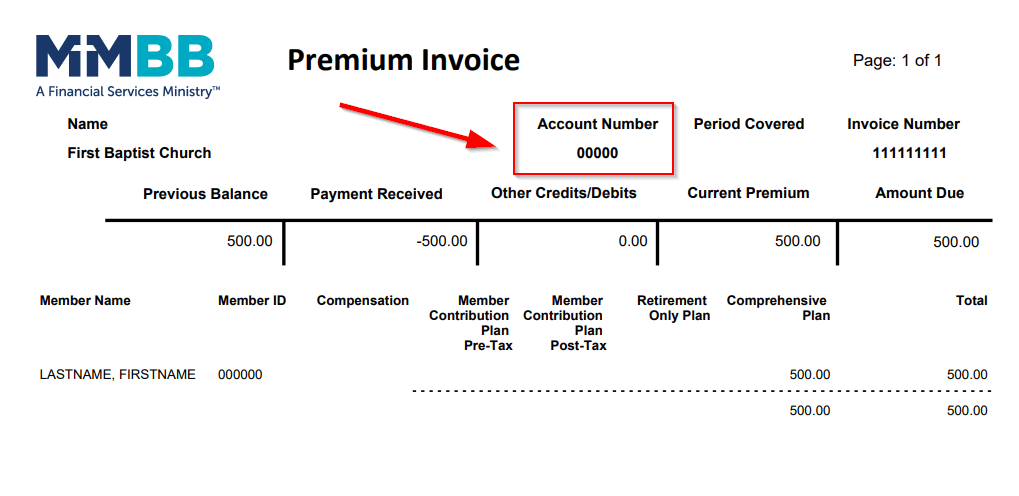Rev. Marvin A. McMickle, Ph.D.
And the things you have heard me say in the presence of many witnesses entrust to reliable people who will also be qualified to teach others.
(2 Timothy 2:2)
Do your best to present yourself to God as one approved, a worker who does not need to be ashamed and who correctly handles the word of truth.
(2 Timothy 2:15)
I was recently asked to write a letter of reference for a student who was seeking a pastoral assignment at a certain local church. The first thing I noticed regarding the qualifications being sought by the search committee was that nothing was said about any educational requirements. The search committee was clear that they wanted a “God-fearing” person. They wanted someone with prior pastoral experience. They wanted someone who could relate to members of all age groups. They wanted someone who would be a “Bible-preacher.” It seemed odd to me that a church that was so clear in stating what they wanted in their next pastor would make no reference whatsoever to that person holding a seminary degree, or having any other continuing education training that might indicate that the person was qualified to lead a flock of God.
I concede from the start, that there have been many preachers who enjoyed tremendously successful and productive ministries, and who rose to national prominence as preachers and pastors, and never had any formal theological training. It is my belief that they should be viewed more as the exception than as the rule for persons aspiring to the ministry today. However, the ones I knew who fit into this category, including my own uncle from the Church of God in Christ were voracious readers who were always seeking to improve themselves through private study, correspondence courses, and building personal libraries that would put to shame many pastors and preachers that have gone to seminary. Not everyone may have the opportunity to earn a college or advanced degree before they begin their ministry. Nevertheless, various forms of continuing education and lifelong learning should be at the heart of their ministry.
Is the work of the church and the word of the Lord something that is so self-evident that it can done by anyone, whether they have been trained or not? The apostle Paul absolutely refutes that notion. As the two texts listed above clearly indicate, Paul is clear about the importance of training and preparation for preachers and teachers in the church. In 2 Timothy 2:2 he speaks about “entrusting” the word to “reliable” people who will be “qualified” to teach others. In 2 Timothy 2:15 he asserts that preachers and teachers of the faith should “study” so they can be “approved” as persons who “correctly handle” the word of truth. In both instances, Paul was insisting that people who intend to interpret the scriptures, or discuss theology, or reflect on Christian ethics, or offer pastoral advice and leadership should be trustworthy, reliable, qualified, studious and approved in correctly handling those matters. That means they should be trained for the work they do.
Consider the categories I have just listed. Seminary training exposes a person to the disciplined study of the Old and New Testament, and to the cultural and historical contexts in which those sixty-six books were first written and read. Seminary training instills in a student a deep understanding of church doctrines and church history. Seminary training focuses on the ways in which scripture and theology can be applied and understood in a 21st century world that is vastly different from the world of Moses, Amos, John the Baptist, or Paul and Phoebe. Seminary training helps a student understand why some Christians baptize or serve communion in a certain way, while other Christians who love the Lord just as much observe those same commandments from Jesus in different ways, and why they often refer to them by different names.
There is a difference between a sacrament and an ordinance. There is a reason for the debate about infant vs. believer’s baptism. There are reasons why such studies as Liberation Theology, Womanist Theology, and Post-Colonial Theology are taught. The relationship between the church and various levels of government is a controversial topic. It is hard to imagine how anyone can provide pastoral leadership through preaching, teaching, counseling or personal example without possessing a working knowledge of each of these issues.
Can you imagine any other profession in which persons would be allowed to work without some demonstration of proper training? Would people who sit in church pews on Sunday morning be willing to sit in a doctor’s office, a dentist’s chair, or next to a lawyer in a courtroom if those persons had not been properly trained for the work they were doing? Would they allow their children to attend a school where the principal and the teachers were not certified? If other professionals must be deemed qualified for the work they do, should it be any different for those whose profession is the Christian ministry?
Investment in a theological education is one of the best and most important investments that can be made by anyone aspiring to be or is already engaged in Christian ministry. There are many delivery systems by which formal theological training can be acquired, and everyone who wants to provide leadership to God’s people through an ordained ministry position should acquire the very best training possible. Persons can study in-class or on-line. They can attend full-time or part-time. Either way, as Paul told Timothy, be sure that what they are teaching others has first been taught to them by a reliable source.
While my challenge here is intended for those who pursue pastoral ministry in some form, persons in the pew bear some direct relationship to this issue. On the whole, the Christian ministry is not a high-paying profession, and it may be difficult for some clergy to finance their education from their own salary. Are churches willing to provide financial support for their ministers who are pursuing theological education and/or lifelong learning? Will churches provide sabbaticals (not to be confused with vacations) so their clergy can devote themselves to intensive periods of study and training? Here at Colgate Rochester Crozer Divinity School our fastest growing degree program is our Doctor of Ministry degree. It involves eight courses taken during week-long intensives scattered throughout the school year. Underwriting the cost of that degree program at any school, and allowing clergy the time to pursue that training would be an important investment in the quality of the clergy, and by extension in the quality of the church’s programs and outreach ministries.
Marvin McMickle, Ph.D. is President, Professor of Church Leadership, and Director of the Program of Black Church Studies at Colgate Rochester Crozer Divinity School, Rochester, NY. He was elected to be the 12th President of Colgate Rochester Crozer Divinity School in 2011. From 1987-2011 he was Senior Pastor of Antioch Baptist Church of Cleveland, Ohio. where he led the church in establishing a ministry for people infected with or affected by HIV/AIDS. It was the first church-based program of its kind in the entire country! From 1976-1986 he served as pastor of St. Paul Baptist Church of Montclair, New Jersey. While there he served as president of the New Jersey Council of Churches from 1982-1986. Dr. McMickle has taught homiletics at several institutions including New York, New Brunswick and Princeton Theological Seminaries. He is the author of numerous books, sermons and articles in print and is a sought-after preacher and speaker.
Back to Financial Resource Center









